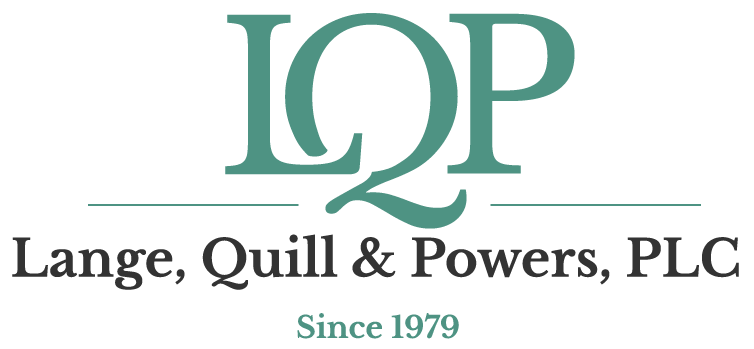Kentucky business owners know that to stay on top of their game, taking calculated risks is a necessary part of running operations. In the midst of the economic uncertainty of the last couple of years, protecting business interests has sometimes been a challenge while dealing with supply chain disruptions, labor shortages and other issues.
But running a business should not entail unnecessary liability exposure. Business owners in Northern Kentucky will benefit from understanding where to minimize tax exposure and strengthen the company’s position in transactional and employment relationships to keep unwelcome legal entanglements from slowing them down.
How do the company’s internal operations pose risks?
Everything from internal relationships to entity formation can pose legal and financial risks. When first starting up, if the owner chooses a sole proprietorship or general partnership as the business structure, this will create the greatest potential liability and tax exposure. Corporations and LLC’s, however, will shield them from personal liability and will also have other tax advantages.
Relationships within the organization can also create legal headaches:
- Accountability for executives and business leaders when there are ethics or regulatory compliance violations.
- Contract disputes with partners or shareholders over terms and conditions or performance issues.
- Discrimination, wage theft, wrongful termination, or workplace violation claims from employees.
How about risk from outside the company?
Risk can take many forms from outside a business as well in real estate transactions and dealings with other companies or customers:
- When customers file claims of false advertising or consumer protection violations, or premises liability claims.
- Purchase or lease transactions that are filled with potential liability and compliance issues if the company is using this property to conduct business.
- Strained relations with shareholders if market conditions head south unexpectedly, putting limitations on the company’s ability to satisfy investor obligations.
- Fines or other penalties from the IRS for tax code violations, employee misclassification or payroll issues.
How do I minimize liability risk?
Business owners often retain corporate counsel to give advice not only about routine contractual matters, but also on current law and federal and state regulations. In addition, insurance, such as commercial general liability insurance, can shield the business from lawsuits. Well-written contracts that are periodically reviewed and updated give clarity to relationships between entities, and company policies as well as employee handbooks should succinctly outline ethical standards and obligations.

